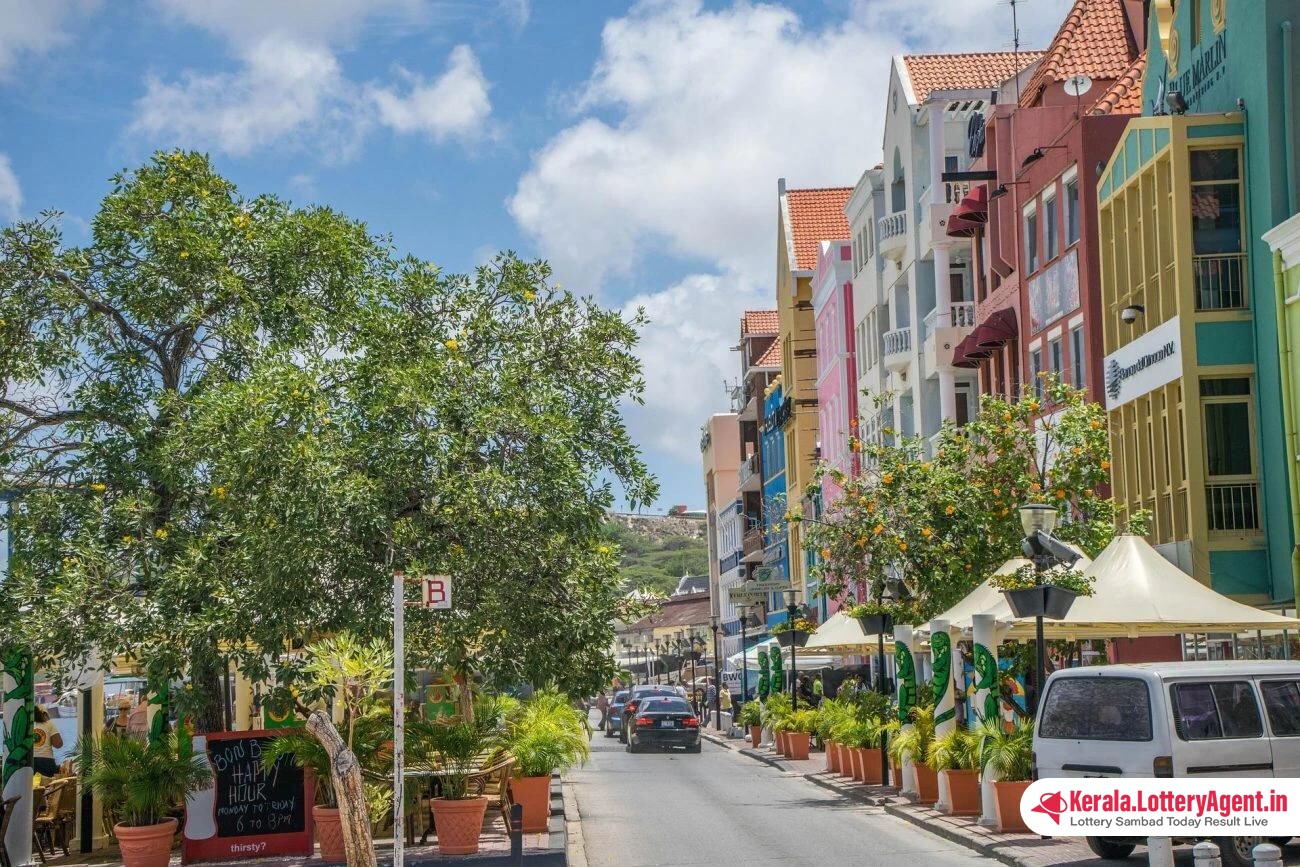
In a significant move for the island nation’s gaming industry, the Curaçao Gaming Control Board (GCB) has confirmed the appointment of financial veteran Cedric Pietersz as its new Chief Executive Officer. Pietersz will officially assume the mantle of leadership from the 1st of February 2024, accepting the reins to guide and regulate the sector through anticipated substantive legislative shifts.
Entering this pivotal role, the new CEO is set to play a crucial part in supervising the island’s gaming operations within the framework of existing legislation, most notably the National Ordinance on Offshore Games of Hazard (NOOGH). However, his appointment coincides with a particularly transformative period in the local gaming landscape, as Pietersz is also tasked with stewarding Curaçao through its forthcoming transition to the National Ordinance for Games of Chance (LOK).
Pietersz embarks on this venture backed by over two decades of diverse experience acquired at the Centrale Bank van Curaçao en Sint Maarten, where he held several positions ranging from supervisory to managerial responsibilities. His tenure there immersed him in various facets of financial operations, anti-money laundering compliance, and the nuances of regulatory frameworks. This amalgam of experiences is anticipated to be instrumental as he ushers in a contemporary phase for Curaçao’s gaming market.
The CEO-designate has expressed an eagerness to facilitate this new chapter, noting his honor in joining the Gaming Control Board at such an evolutionary juncture. Pietersz affirms his optimism about advancing the GCB’s objectives in congruence with the broader aims to deliver tangible value to all stakeholders, including the island’s minister of finance. He is committed to collaborating closely with both the GCB team and the Supervisory Board to achieve these strategic goals.
Echoing the significance of this leadership transition, Fons Simon, chairman of the GCB Supervisory Board, extolled Pietersz’s selection as the harbinger of a new era for Curaçao’s jurisdiction. Simon praised the incoming CEO’s stellar track record in the financial service industry, which is marked by a harmonious blend of strategic vision, regulatory acumen, and a commitment to operational excellence. This combination, Simon believes, is exactly what the GCB necessitates at this critical time of transformation.
Pietersz’s confirmation as CEO comes against a backdrop of swirling rumors and misinformation regarding Curaçao’s LOK. Speculative reports claiming that the LOK had been rejected by the Curaçao Parliament had recently surfaced, creating confusion and uncertainty. However, those reports were unfounded.
The saga of the LOK’s trajectory provides context to the significance of Pietersz’s planned tenure; the legislative proposal was duly submitted to the Curaçao Parliament last month, and like any draft law in the country, it was first presented to the Council of Advice for review. On the 3rd of January 2024, the Council published its response to the ministry of finance regarding the LOK. Initially received by the ministry in June 2023, the response contained language that implied barriers to the draft law’s progression to Parliament, likely fuelling the misinformed conjecture about the LOK’s status.
In a swift response to this maelstrom of misinformation, Curaçao’s minister of finance, Javier Silvania, issued a clarifying statement denouncing the erroneous reports. Silvania’s stance underscores the importance of accurate dissemination of information concerning such significant legislative development.
Amidst these complexities, the importance of Pietersz’s role becomes even more pronounced. His leadership is set to be a guiding force not only in the practical application of the gaming regulations but also in navigating the path forward for the LOK legislations that propose to reshape the face of Curaçao’s gaming industry. A new era for Curaçao’s gaming oversight indeed beckons, with Cedric Pietersz at the helm of this evolutionary process, steering the industry to stabilize, thrive, and align with international regulatory standards.












